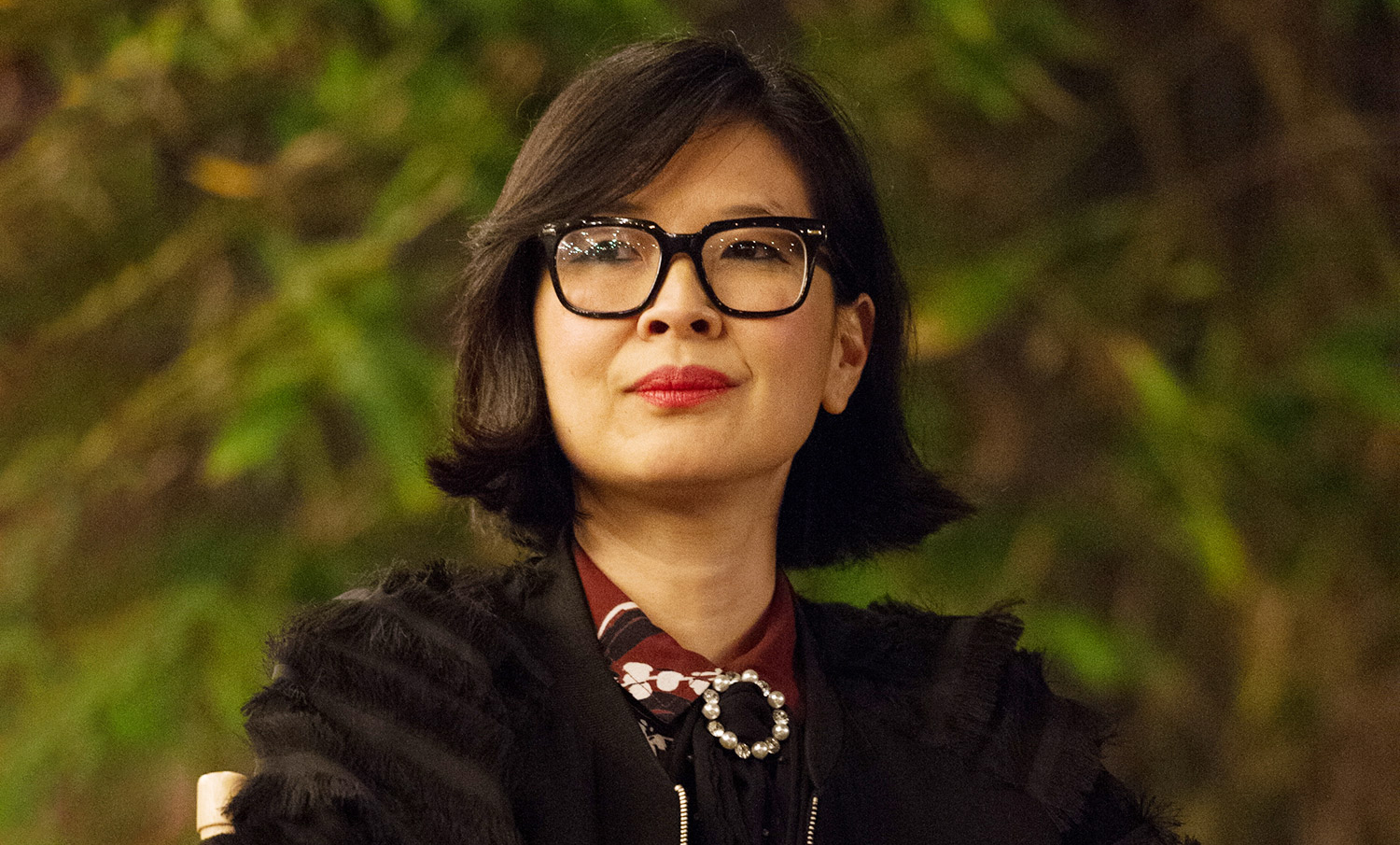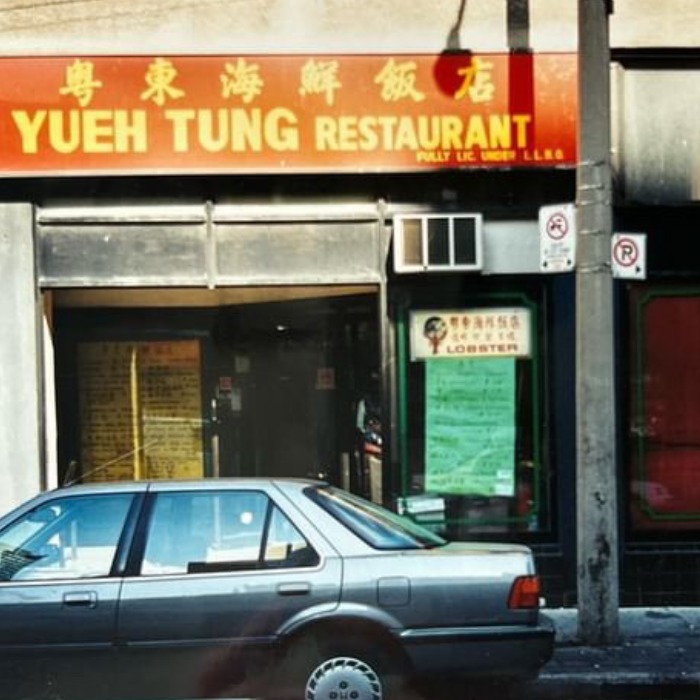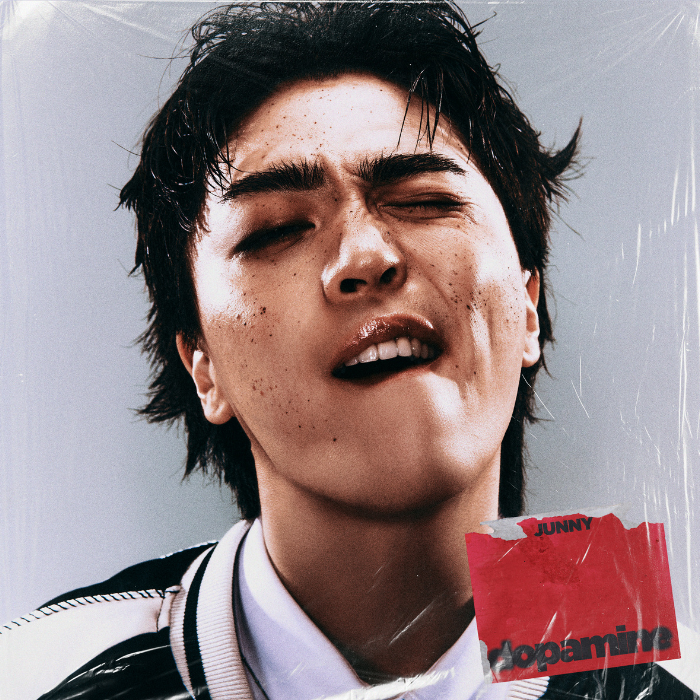In the early 2000s, SuChin Pak redefined how to deliver news on MTV, veering away from the ways of the stiff primetime hosts, and instead presenting the news as part of a daily segment. Geared towards an audience for a younger generation, MTV made a stance to say “young people care about the news and want to be informed” — a belief that Pak very much still believes in today. As more tuned in to watch Pak on the daily, she soon became a prominent figure on MTV, known to many as the “Asian American news anchor” or the “Asian face of MTV.”
Pak has not followed a traditional journalistic path. After her stint at MTV, Pak went on to be the co-founder of Hester Street Fair, a Daily Candy correspondent, and the host of two podcasts: Add To Cart with Kulap Vilaysack and Open Account. She has also shared her experience of facing workplace racism through penning essays, poems and creating illustrations, and wrote the introduction to “My Life: Growing Up Asian in America,” a collection of personal essays, poetry and illustrations gathered and edited by CAPE (Coalition of Asian Pacifics in Entertainment) which will be released by MTV Books in May 2022.
Below, Pak opens up to The RepresentASIAN Project about her connection to her identity, her relationship with the Asian American community and why she remains hopeful about the possibility of change in the world.

You’ve accomplished so much in your career, and many of the projects you’ve worked on have transpired into many different things. What does the next chapter of your career look like?
Pak: I have no idea. Once I left MTV and decided that I wasn’t going to pursue news in the traditional sense—as an anchor at a news desk—there was no path anymore. This was a big deal because I thought it was very clear what I would do with my life; I was going to follow in the footsteps of Connie Chung, Diane Sawyer and Barbara Walters. Those were the women of my day. But once I left MTV, I realized that my heart wasn’t there anymore, and after that, I haven’t had a path.
In some ways, I feel like I don’t have a career anymore. So when I get asked, “what do you do?” I still say I’m a journalist just because I think I am. I think I am the new definition of what journalism looks like today. The projects I take on have gotten more personal because I’m more comfortable in my own skin, which comes with age. Whatever the next thing is, I’m sure it’s going to be deeply personal, but I have no idea, no plans whatsoever. This is what you get when you decide that you’re going to step off the ladder, the clear path. I just don’t know what the future holds.
“I think I am the new definition of what journalism looks like today.”
You are redefining what it looks like to have a career. It’s never a straight path; it’s always winding, and you get to do all of these things that interest you. That must bring you a lot of fulfillment.
Pak: It does. I feel very privileged that I’m at a place where I can do that. I also want to be careful because there’s this whole culture of “you do you” and “just speak your truth.” “If you hate it, then quit.” I never felt like I had that privilege throughout my career. I had to work for money. I had to work for stability for my mental well-being. In some ways, I had to work to not work. I don’t want young people to feel the pressure of not exactly doing the thing that they love. There’s nothing wrong with that. Being young, having the perfect career, and being completely fulfilled is a lot of pressure. Nowadays, it’s either “go girl,” “boss lady,” and all sorts of like hashtags, or nothing.

How challenging was it for you to be one of the few Asian faces on-camera at MTV at the time?
Pak: Back then, we didn’t have the internet and social media the way we do now, so it was such an isolating experience. I never felt that I was doing anything special or that it was pioneering. But, for a while, I loved doing it. I would speak on college campuses throughout my time at MTV, and a lot of the groups that brought me out were Asian American affinity clubs, groups and organizations on campuses. That was the only time I was like, “Wow, this is a thing, this is interesting.” So it’s not like I wasn’t aware of [my impact], but I don’t think I felt its impact until I left and social media got bigger and bigger.
The other thing is that I didn’t have a group of Asian American journalists that I was hanging out with or talking with. It wasn’t that I was the first Asian American and female in the newsroom, but I was young. At that time, there were so many Asian female anchors that every local news channel had a female Asian, so it was my age on top of everything that felt very different. So I always felt like I was doing it alone because I didn’t have a group of women, Asian journalists or even a group of Asians. So that time was isolating, whereas today, I have a wonderful group—90 per cent of them I’ve never met in person—but we cheer each other on and support each other’s projects.
In March 2021, you shared a post on Instagram about dealing with racism while working at MTV. What prompted you to write that post at that time? What was going through your head?
Pak: I think it was a memory I hadn’t processed. When you’re young, and these things happen to you, you don’t have the knowledge or the wisdom to process it at that moment, and you put it away. After the shootings and the murders in Atlanta, I think we all went to bed that night feeling completely hopeless and afraid. I woke up the next morning going through my feed to see what people were saying and what the updates were. There was a post, I don’t know who it was, by a young Asian American woman sharing all the times that someone had said things to her and how that [language] was connected to the violence [in Atlanta]. And then that memory just popped into the front of my brain. First of all, I haven’t thought about this in 20 years. Secondly, it was a realization at that moment that I never connected those two things. I didn’t put that much thought into it. It wasn’t until I started to read everybody else’s processing of what had happened that I saw my own experience in that light.
I haven’t been on MTV for so many years, but still, I get so much love from [the Asian American Community]. I felt so connected by reading what everyone was sharing, and it felt gross to just sit there and take all of that and not leave something behind, not contribute, so I shared my story. I had no idea that it would have had that kind of reach. It felt right to share it because of everybody else’s sharing. It felt wrong to take that and to have that piece of healing for myself and not leave something there for somebody else to pick up for their healing. I have no intention of outing anyone, I still work with MTV; I’ve got this great project. For me, this was about healing and connecting. I think I accomplished that, I hope.
And I’m sure it brought you some closure to think about what had happened.
Pak: The surprising thing was I never got to feel sad when that was happening [at MTV]. There was so much fear, anger, and uncertainty, and I felt sad and so vulnerable. I was just trying to get through what was happening, so for me, [the Instagram post] allowed me to be really sad and grieve and realize that I was missing that. I was just overcome with emotion and still am very emotional about it. I didn’t get out of bed for, I think, three weeks because everything was happening. I was sad for that young woman who made the video I saw. I’m sad for all of these women that are still going through this and sad for our elders. So I get to feel sad, and it has been healing. But I get terrible things happen all the time, and you gotta move on. And I think it’s also okay to do that when dealing with trauma. I think it’s totally fine not to deal with the trauma when it is happening to you.
“I get to feel sad, and it has been healing.”
Looking back, is there anything that you would’ve done differently in that situation during your exit? And I don’t mean having not spoken up because that was the right thing to do, and you had a lot of support from that, but was it not at the expense of your job?
Pak: I’m glad that you brought it up. I want to clarify that I did not lose my job, the other person lost their job, and I think that was part of why I put it away. Because it was resolved in a way that was positive for me, I thought I’ve got nothing to be sad about, I couldn’t complain anymore, it turned out fine, I kept my job.
Looking back, I would’ve done so many things differently, but I have to be realistic about where I was in my life. I already mentioned I was very isolated, I was not connected to my community. I lived in New York and did not grow up in New York. I really wanted this job and needed this job. It wasn’t like something that I could easily walk away from. I have no regrets about that. I don’t know if I would say the same thing if I lost my job.

The violence against Asians is still ongoing, and many feel helpless. What more do you think that we all could do?
Pak: I get annoyed when I see all these acts of violence, and I see all of these Asian people—some friends, some not—with huge followings that don’t say anything. We need to never stop talking about this. Somebody should have a tally running every single day, and we should all be required to post every single day. It’s the first thing we should do. [Mainstream] news has moved on. This is not news anymore.
On a personal level, what saddens me almost as much as the violence is that it happens in broad daylight around groups of people, and nobody does anything. I think about how we are in our public spaces as we move in our lives and how we have to look out for one another. My sadness comes just as much from the loss of humanity. How can we watch this happen in front of us and do nothing?
“I see [anti-Asian hate] as a watershed moment for all of us to be better allies to other communities of colour, because [east Asians] have benefited from the privilege of being closer to whiteness, and I think that that is like a dirty secret that we do not talk about. We have to start confronting that, understanding that, accepting that and moving from that.”
It sucks that this is where we are now, but it’s a wake-up call. And I see this as a watershed moment for all of us to be better allies to other communities of colour, because [east Asians] have benefited from the privilege of being closer to whiteness, and I think that that is like a dirty secret that we do not talk about. We have to start confronting that, understanding that, accepting that and moving from that.
There is also such a sense of belonging community that I have never felt before as an Asian American. Things are coming from this that are incredibly powerful for our community and for our identity. So many things are forged by pain and violence and that’s not okay, but at the end of it, I hope that we learn to take care of one another, to take care of other communities that are suffering and have suffered. We’ve been asleep. I’ve definitely been asleep. I’ve never thought of my identity as clear as I see it now, and also as confusing as I see it now. There is something that is happening and I think it is a positive thing despite, of course, all the violence that’s still in our communities now.
In the introduction for My Life: Growing Up Asian in America, you write about the idea of courage and how it doesn’t always look like being bold or being a hero. Instead, the awareness and tools to prepare you for next time. How did this project come to be, and what do you hope will come from it?
Pak: The head of MTV books, Christian Trimmer, reached out to me and asked me if I would like to be involved with this book edited by the Coalition of Asian Pacifics in Entertainment, and CAPE is just fantastic. The thing I wanted to write about that I felt was missing from the dialogue was what it means to be courageous. When I look back at the incident at MTV, I think back to how I was so scared and so sick with fear. I was crying all the time, and I was so unsure. At some point, I was like, let’s just forget this and drop this whole thing, but my lawyer told me to see this to the end of it. Now, I think about what it took for me in that situation not to go back to work until MTV resolved the situation in my favour, how much courage it took to not drop it because it dragged on for months and months.
“The Asian American identity is changing. It is going through a huge, massive transformation, and so what is this next generation? How are they processing it, and what will they get from it? The book is a collection of voices. They’re angry voices. They’re sad voices. They’re hilarious voices. They’re all the different aspects of who we are. It’s just all from the heart of our experiences. I’m super proud of it, and I want it to be required reading in high school. I want every young person to see themselves in this collection of stories.”
I thought about that and all of these acts of violence as I’m scrolling through; these amazing courageous videos of like old grannies beating back the assailant with a stick and young people getting in someone’s face. And I am just like, “yes!” getting so much fire, but I also know that that’s just not me. I know in those moments, I freeze. Does that mean that I have no courage?
I wanted to write to all the people that were like me. People who cry at a drop of a dime, whose voice shakes when they yell, never say anything, would rather walk away. All those times, I walk away being like, “you were such a fucking coward.” You’re all of the things that we say to ourselves in those moments, and I wanted to give voice to the courage. And I wanted to give grace to our fear and acknowledge that there are such huge acts of courage in fear, grief, and sadness. We don’t see that. That doesn’t fit nicely on a poster or in a six-second video. So I wanted to write to all those people that felt that way. The book is for this audience.
Everything is changing. The Asian American identity is changing. It is going through a huge, massive transformation, and so what is this next generation? How are they processing it, and what will they get from it? The book is a collection of voices. They’re angry voices. They’re sad voices. They’re hilarious voices. They’re all the different aspects of who we are. It’s just all from the heart of our experiences. I’m super proud of it, and I want it to be required reading in high school. I want every young person to see themselves in this collection of stories.
This interview has been edited for length and clarity.
Like this post? Follow The RepresentASIAN Project on Instagram, TikTok and YouTube to keep updated on the latest content.











